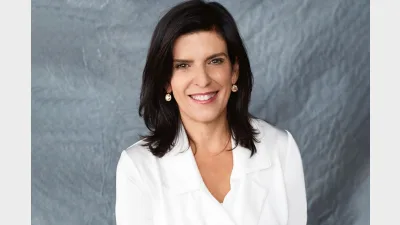Morrison sends more signals on contribution caps


Federal Treasurer, Scott Morrison has again signalled the Government is looking at mechanisms such as lifetime contribution caps to help people with disrupted employment histories such as women and carers.
Answering questions during a weekend interview panel, Morrison said the underlying objective of the Government was to reduce pressure on the wage pension.
"… When we look at superannuation, unlike our opponents, we don't look at it as some big tax bucket, which they do," he said.
"What we see is the need to have a system which ensures people can be independent in their retirement and not drawing on a pension."
The Treasurer said that was why he had talked about the need for greater flexibility on the contributions side for people who had disruptions to their working life.
"I'm not just talking about women. I mean, we all know carers in our own lives who, through no fault of their own, through the worst deal of a hand in life's experience, find themselves caring full time for a partner, a loved one, a child, a parent, and it's very hard for them to catch up," Morrison said.
He said it was very hard for such people to get back and regather the pace of their superannuation accumulation and acknowledged that the system, as it was currently constructed, tended to penalise such people.
"So what you'll hear from us on superannuation is a program to help people be independent in their retirement and give them more opportunities to do that and have the tax incentive very focused on achieving that goal," he said.
Recommended for you
Peri and menopause training founder and TV journalist Shelly Horton has hit back at calls for businesses to introduce menopause leave.
Former federal MP Julia Banks insists that all women can use their personal power to advocate a more inclusive workplace and support other women.
After a successful inaugural event last year, the Women in Finance Summit is returning in 2024 with more business insights and networking opportunities.
Super Review is now accepting nominations and submissions for the Women in Finance Awards, to be held in November 2024.













A quick fix for this so-called "gender gap" - we should aim for all people to have say 15 years in retirement, based on average life expectancy (which for males is approximately 82 and females 84). This means that the male "retirement age" should be 67 and for females, age 69. Those extra years of SG contributions for females will compensate for the time off they may have had earlier in their careers, while supported by their partners and any maternity leave entitlements.